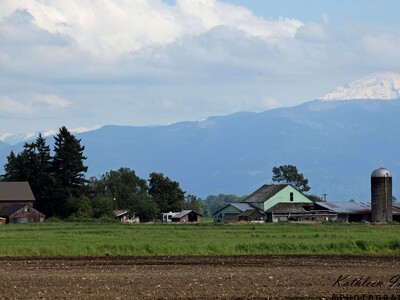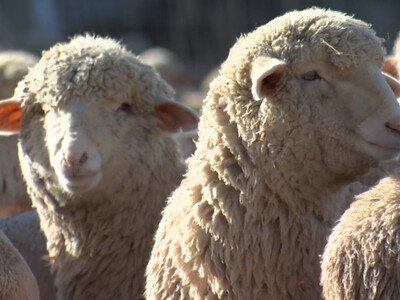Sheep Genetic Research
Scientists with University of Idaho and the U.S. Department of Agriculture have collaborated on genetic research to help sheep ranchers improve sheep longevity and better utilize their flocks in targeted grazing to benefit rangeland health.The ewe longevity and herbivory studies are among several collaborative research projects involving U of I and USDA researchers aimed at helping the sheep industry improve environmental stewardship, profitability and productivity, as well as aiding land management agencies with mitigating rangeland risks from invasive weeds, climate change and catastrophic wildfire.
For the ewe longevity study, scientists analyzed molecular records of more than 1,000 sheep dating back to 2009. They studied a host of traits — such as milk production, lambing success, dental health and body condition — that strongly correlate with ewe survival.
From a review of more than 500,000 markers, they identified 32 important genetic variants influencing ewe life expectancy, including several traits associated with lambing success and seven variants that are directly related to increased longevity. From records of animals that left the herd early, they also identified variants correlated with poor longevity. Knowledge of the genetic variants should help producers make informed breeding and management decisions.













